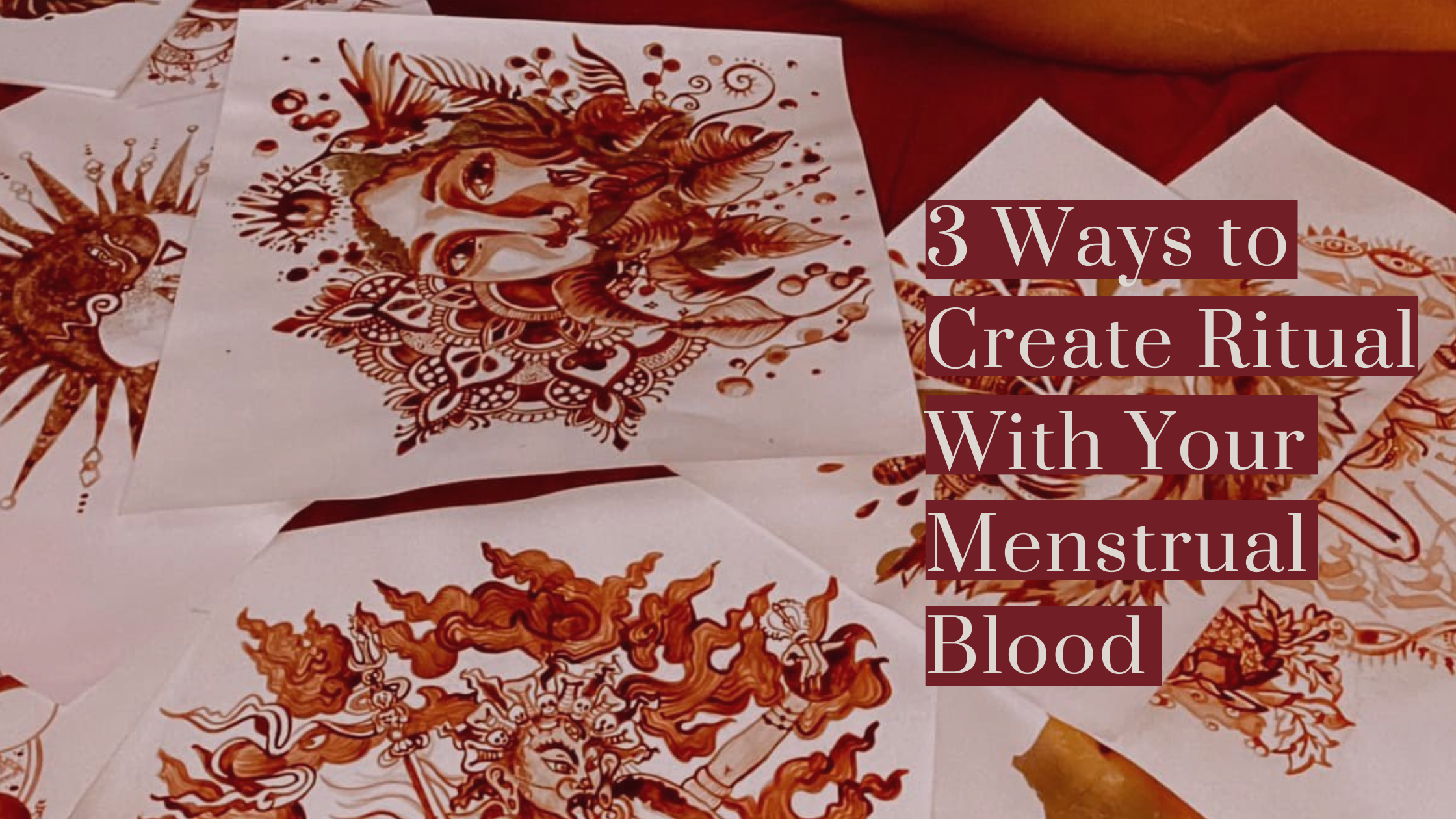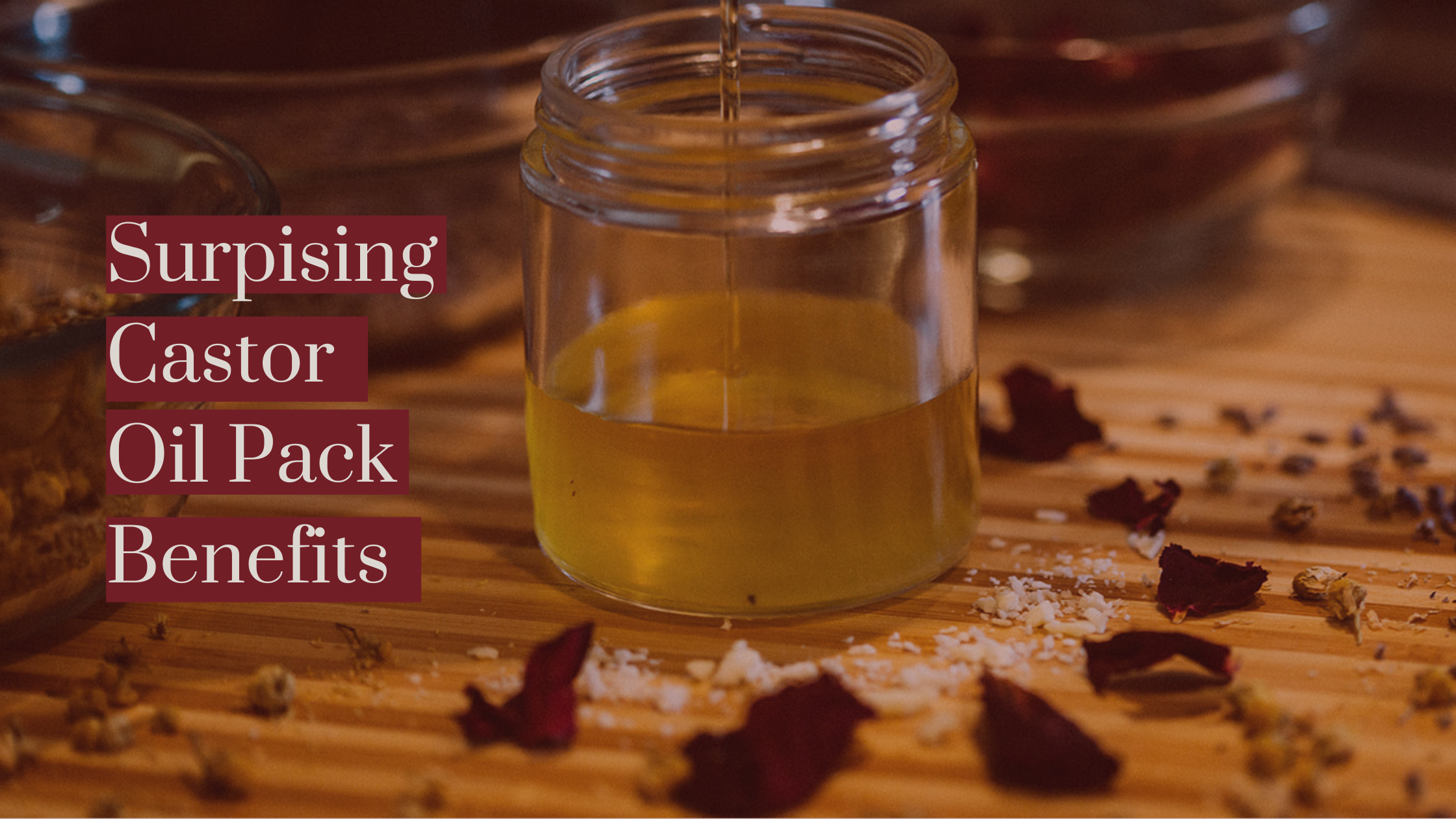5 Reasons You Might Have Pain During Sex
Usha Anandi. 15 | AUGUST | 2022
Have you or someone you love experienced pain during sex?
If the answer is “yes”, we’ve got a video for you, watch it below. (Not into videos? No worries, scroll down to read the whole video transcript about pain during sex below).
If you’ve felt disoriented by our medical system, crave a deep sense of knowing and connection to your body, and want to experience the wisdom of your womb, then my free Womb Health Reclamation Training might be for you.
Before we get into the list, let me remind you that I’m not a Doctor and I don’t pretend to be one on the internet. None of this advice is intended to be medical or diagnostic advice.
Instead, this blog is here as an educational tool so you can learn more about pain during sex.
If you’re experiencing new or worsening pain during sex, or if you have bleeding after sex or any kind of discharge that’s not normal for you after sex, please go see an experienced health provider ASAP.
For the purpose of this blog, it’s important to define what sex is in this context. In this case, we’re talking about penetrative sex of any kind, whether that’s penetration with a penis, with fingers, or with a toy.
Now let’s get into the list of possible causes of pain during sex.
1. Not being ready.
This is not a cause you hear often in the medical community, but after working with thousands of womben, I’ve noticed that it’s a really common cause of pain during sex that no one seems to be talking about.
And maybe that’s because very few medical practitioners know about the female anatomy of arousal and what happens to the pelvic organs when we’re fully aroused.
It takes around 35 – 45 minutes for women and people with uteruses to reach full arousal. Now don’t get it twisted, full arousal and orgasm are not the same thing.
Sometimes people will say, “Yeah, well I can cum in like three minutes, so that doesn’t apply to me.”
But just because you orgasm quickly, doesn’t mean you have reached full arousal.
What I’m talking about with full arousal is really, really plump vaginal tissue. Really engorged clitorial tissue, with lots of blood flowing to the area and lots of natural lubrication and natural juice.
When we’re fully aroused, we’re fully engorged, which may increase the pleasure we feel, too.
Not only does this state of arousal give us more natural lubrication, which might make penetrative sex easier and more pleasurable, but it actually lifts the cervix up and out of the way.
When we’re fully aroused, the round ligament actually pulls on the uterus and lifts up the very bottom part of the uterus, called the cervix. With the cervix lifted up and out of the way, deep penetration may be much more enjoyable and sans pain.
After the birth of my daughter, I think it was around 6 or 8 months postpartum that I was ready to start exploring sex again.
When my partner would penetrate me with his penis, it would feel a sharp shooting pain deep inside.
I could feel that it was deep inside of me, and I knew it was because I wasn’t fully ready. This pain was a sign from my body that we were moving too fast, and that we needed to take it slower in order to be fully ready.
If you experience pain during sex, an important question to ask yourself is,
“Where is the pain?”
Do you experience pain on the entrance of your vagina? Do you experience pain in the middle of your vagina? Is the pain deep inside?
These questions may give you clues about what is going on, and will definitely support you in explaining what you’re experiencing to a practitioner who may be able to support.
2. Pelvic floor tightness
Possible indicators of pelvic floor tightness is straining when going to the bathroom, or tension when inserting your fingers into your vagina.
Incontinence, or peeing when you laugh, sneeze, cough, or jump is also a symptom of pelvic floor tightness, as well as weakness.
How do you know whether or not pelvic floor tension is the culprit for your experience of pain during sex?
Head to a pelvic floor physio who does intravaginal bodywork to get assessed.
In my Free Womb Health Reclamation Training, we’ll talk about ways to decrease tension in the pelvic floor through vocal work and nervous system regulation.
Reserve your space for free right here.
3. Sexually transmitted infections
Sexually transmitted infections, like chlamydia or gonorrhea can be linked to pain during sex.
But the infection doesn’t even need to be sexually transmitted in order to cause uncomfortable or painful sex.
Yeast infections or bacterial vaginosis, which can both develop on their own or be sexually transmitted, can also cause painful sex.
If you think you may have an infection of any kind, see your primary health care provider as soon as possible to protect yourself and your partner(s) from contracting them, too.
4. Vulvodynia
Vulvodynia is a condition that may cause burning, itching, spasming, or shooting pain in the vulva area. Interestingly, some medical providers don’t even recognize vulvodynia as a legitimate condition… but not here.
If you have vulvodynia, you know that the pain and discomfort from it is very real.
If you struggle with vulvodynia and pain associated with it, I highly recommend going to see a sexological body worker, someone who is trained in giving healing, pleasurable, physical touch in these areas.
By seeing a trained professional (not some creepy man who says he’s a tantric bodyworker… been there), you may be able to have a deeply healing therapeutic experience.
For those with vulvodynia, a CBD lubricant may also make sex more pleasurable as cannabanoids have a natural pain-releiving impact.
I go back and forth on the use of lube because I think many womben use lube in place of actually being ready to have sex, but no one should have to suffer through painful sex if CBD lubricant might be supportive. Of the bunch, Floria is my favorite.
5. Hormonal changes
Our hormones, namely estrogen, have a huge impact on the plumpness of our tissues, and the wetness of our vaginas.
Hormonal changes that happen in perimenopause, menopause, and postpartum can greatly impact our experience of sex.
When we’re in postpartum, for example, our estrogen plummets to post-menopausal levels.
Maybe that’s why when I looked at my vagina for the first time in a mirror 3 weeks postpartum, I screamed!
I didn’t even recognize my own vagina, because the skin had shriveled up so much. My clitoris felt atrophied, almost like it had disappeared!
Especially if you’re breastfeeding, you may notice changes in your hormones and your overall sense of self for up to a year or even through the duration of your breastfeeding journey.
And what about menopause, does sex always have to be painful after menopause? NO!
Culturally, we have normalized painful sex after menopause. It is true that tissues become thinner and lubrication may be impacted from the hormonal changes of menopause, but many postmenopausal womben I know have glorious, delicious, sex because they go slow, stay hydrated, eat nourishing foods, and honor their bodies.









